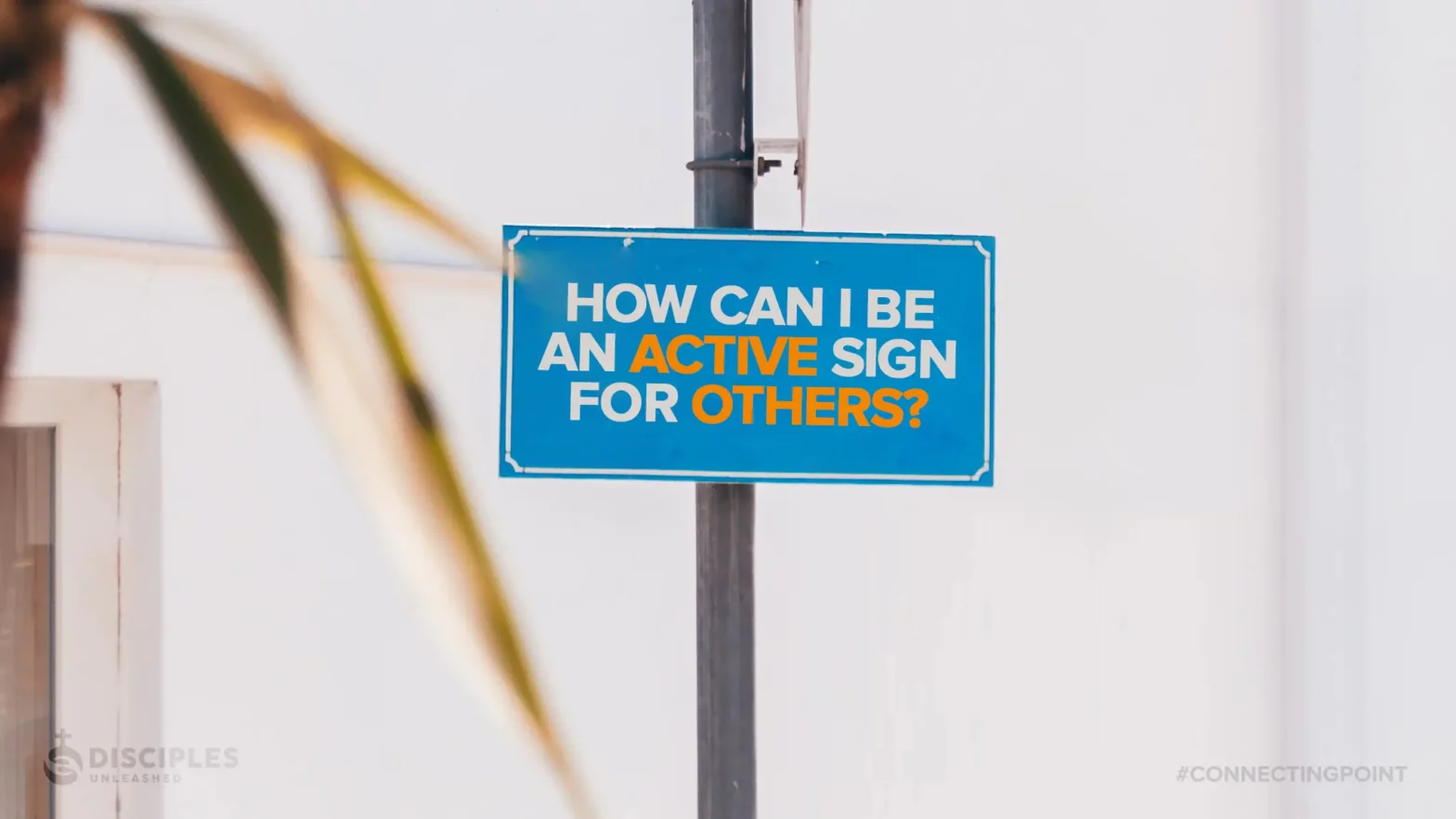When I was discerning my path into ministry, I spent several hours grumbling and wondering what I should do. During one of many conversations determining whether God was calling me to lay ministry, my sister asked, “What? Do you need a burning bush in your backyard?” I replied, “It would help!” Well, that “burning bush,” an overt sign, came to me just two days later in the form of the song “Here I Am, Lord” by Dan Schutte. A song that I had heard countless times before was being sung, I was sure, directly for me! Each word seemed ripe with meaning, but had I missed the sign provided by my sister herself?
Our first reading this Sunday tells of the hungry, grumbling Israelites and God’s fulfillment of their need through manna and quail—overt signs of God’s care for them. In the Gospel, we find Jesus pointing out that this gift from God was a precursor to the gift that he gave (and gives) us in Jesus himself. What he asks for is belief in him. What do the people do? They ask for a sign so they “may see and believe in [him]!” Though Jesus goes on to assert that he is more than a sign, that through him, we can obtain eternal life, I bet that they still wanted the sign!
It seems like we all want signs from God once in a while. We want the heavens to open up, the bush to burn, or something to happen so that we might believe, discern God’s affirmation of a choice, or whatever. Without big and splashy events, however, how do we find these “signs?” One sure way is to look for what is good, true, and beautiful in our world and in those around us. After all, as the Catechism of the Catholic Church asserts, “God’s very being is Truth and Love” (CCC #231).
Now, being a Christian is not a spectator sport! Part of discipleship, for all of us, is serving others through acts of Christian love. As we do, we manifest God’s presence to others. In the scripture, John says, “God is love, and he who abides in love abides in God, and God abides in him” (1 Jn 4:16). Just think of the beauty of the parent who selflessly gives something up so their child will have more; of the homeowner who takes the time to check in on their elderly neighbor; or of the sister who patiently listens to her sibling fret for the umpteenth time! As St. Teresa of Ávila said, “Christ has no body now but yours/No hands, no feet on earth but yours/Yours are the eyes with which he looks/Compassion on this world.


